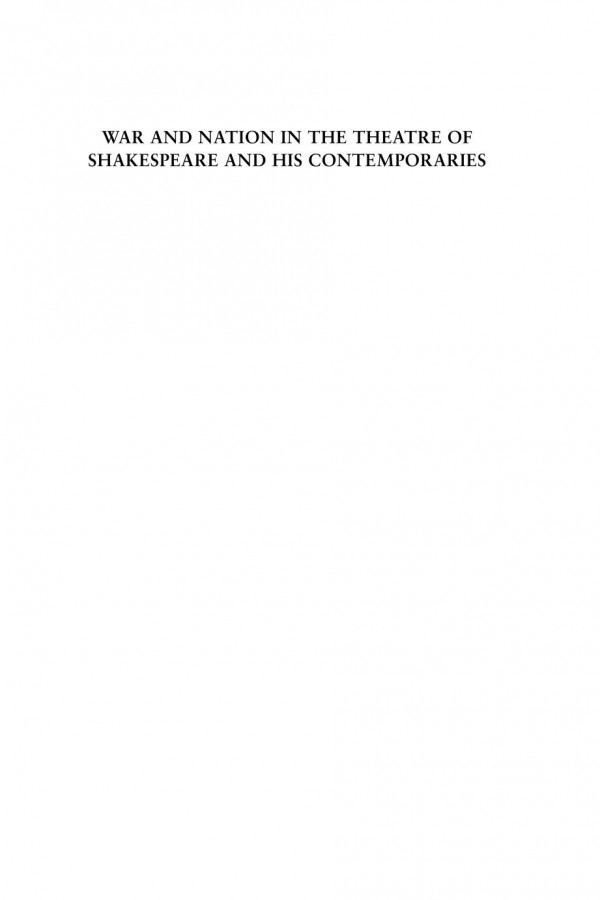

Most ebook files are in PDF format, so you can easily read them using various software such as Foxit Reader or directly on the Google Chrome browser.
Some ebook files are released by publishers in other formats such as .awz, .mobi, .epub, .fb2, etc. You may need to install specific software to read these formats on mobile/PC, such as Calibre.
Please read the tutorial at this link: https://ebookbell.com/faq
We offer FREE conversion to the popular formats you request; however, this may take some time. Therefore, right after payment, please email us, and we will try to provide the service as quickly as possible.
For some exceptional file formats or broken links (if any), please refrain from opening any disputes. Instead, email us first, and we will try to assist within a maximum of 6 hours.
EbookBell Team

4.0
46 reviewsThis original study explores a vital aspect of early modern cultural history: the way that warfare is represented in the theatre of Shakespeare and his contemporaries.
The book contrasts the Tudor and Stuart prose that called for the establishment of a standing army in the name of nation, discipline and subjectivity, and the drama of the period that invited critique of this imperative. Barker examines contemporary dramatic texts both for their radical position on war and, in the case of the later drama, for their subversive commentary on an emerging idealisation of Shakespeare and his work.
The book argues that the early modern period saw the establishment of political, social and theological attitudes to war that were to become accepted as natural in succeeding centuries. Barker's reading of the drama of the period reveals the discontinuities in this project as a way of commenting on the use of the past within modern warfare. The book is also a survey and analysis of literary theory over the last twenty-five years in relation to the issue of early modern war - and develops an argument about the study of literature and war in general.
Key Features